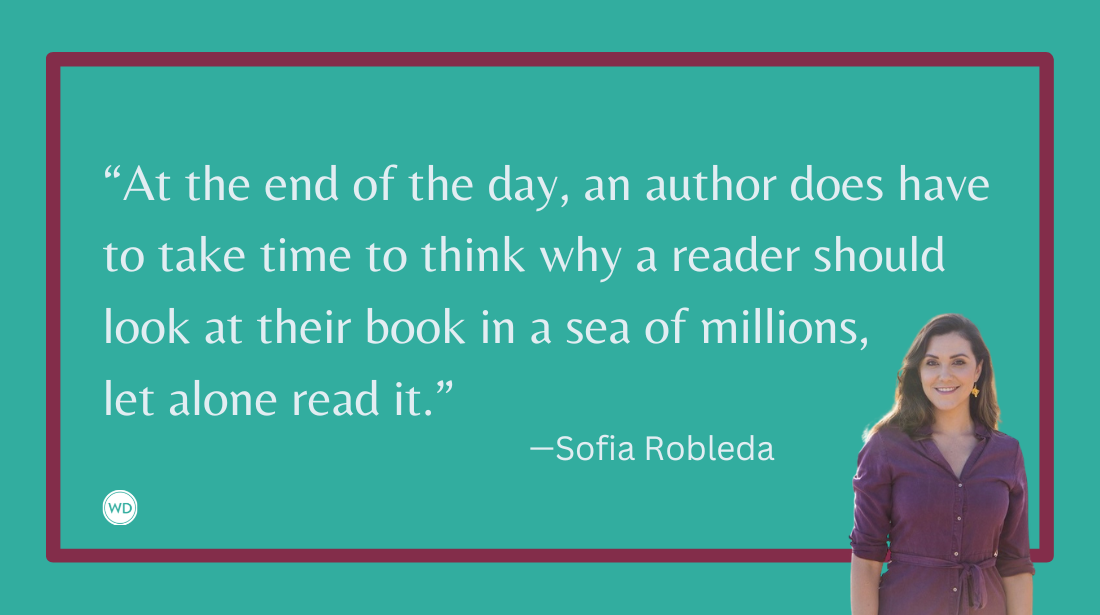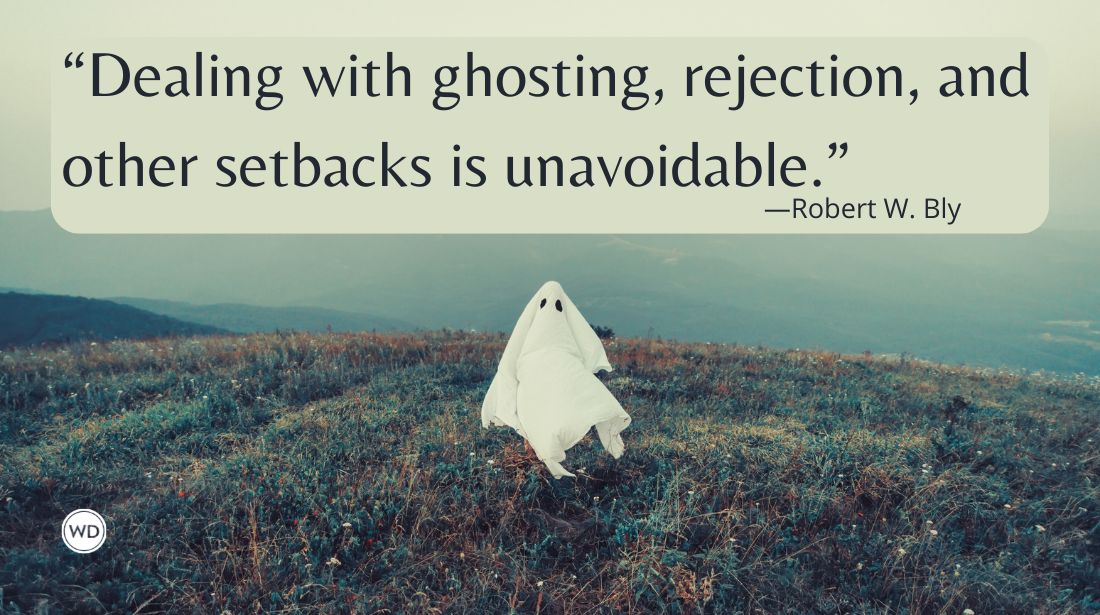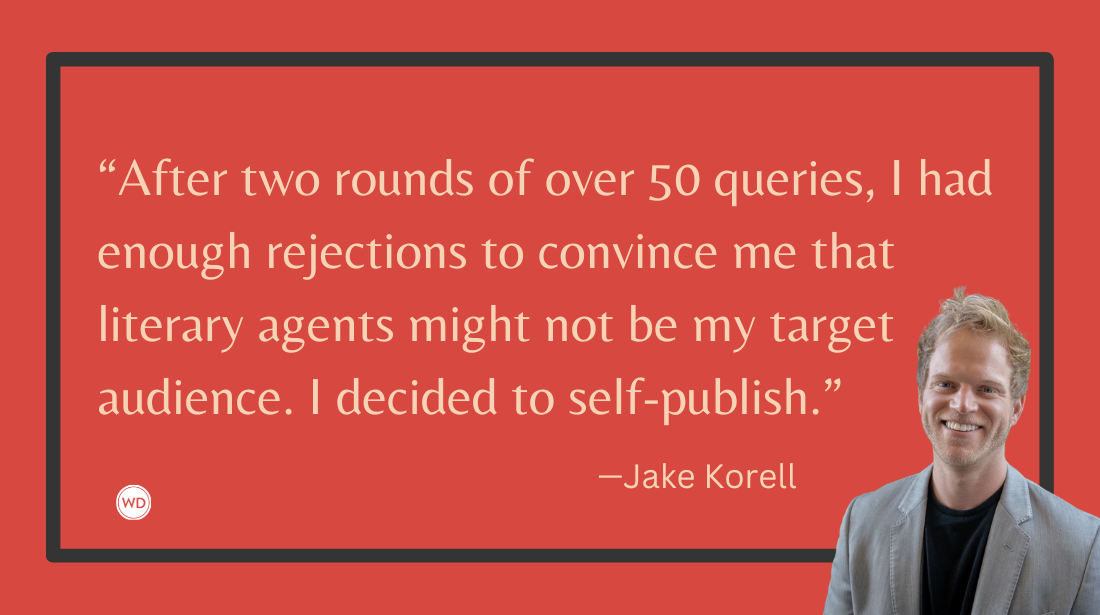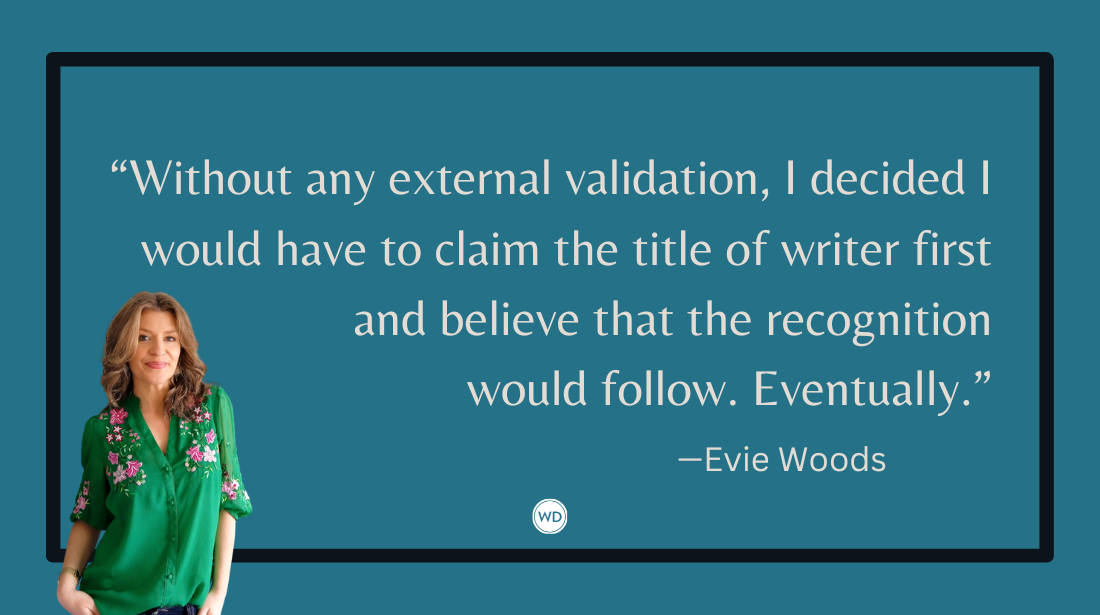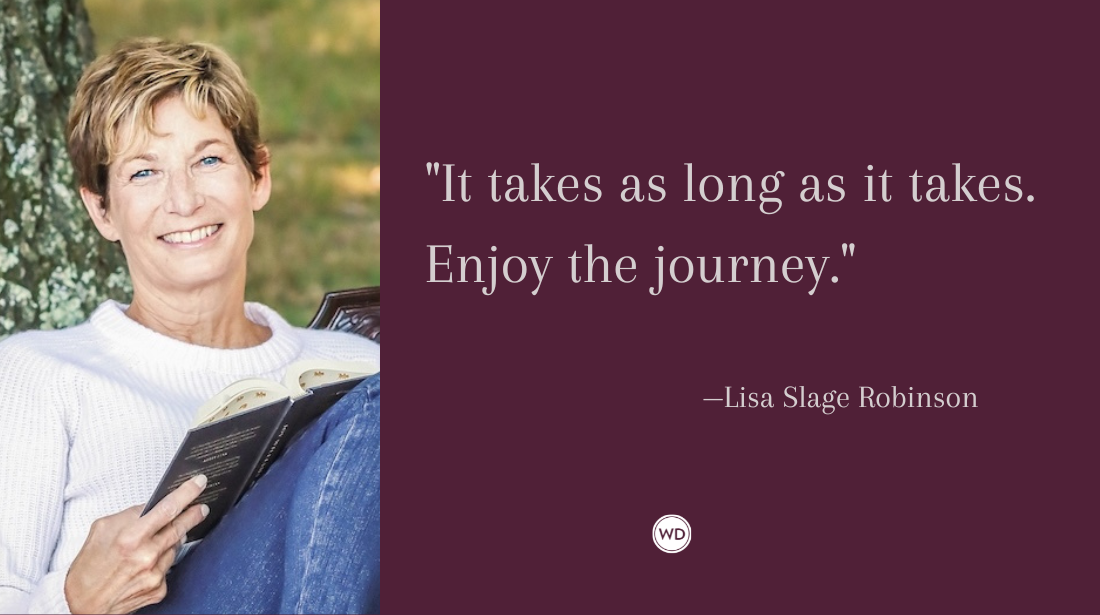6 Successful Ways to Get Your Nonfiction Book Ready for Submission
Author and editor Aileen Weintraub ties together her six tips for gearing up to go out on submission with your nonfiction book, including how to get your query letter into stellar shape, develop your first 50 pages, map out your nonfiction book proposal, and more.
Writing an entire book is a huge accomplishment, but it’s only the beginning of your journey to publishing. When I wrote “The End” on my book Knocked Down: A High-Risk Memoir, I thought I had done the hard work, and could take a deep breath. Little did I know, it was just the beginning of the long road to publication. I quickly realized that I had only one chance to get my book in front of each editor and agent I planned to query, so I had to make sure my work stood out from all the rest.
We’ve covered many tips and strategies to break down the process in previous articles, but here I’m bringing them together to help you craft a simple and easy-to-follow checklist to make sure you have everything you need before going out on submission.
Step 1: Get Your Query Letter Out of the Slush Pile
Are you hoping to get the attention of agents and editors for your nonfiction work?
Consider writing a 300-500 word query letter that stands out from the rest and makes them want to request a full manuscript. Start with a great hook, and then make sure to succinctly explain the premise of your book, the main themes, the important plot points, the characters, and finally, why you are uniquely qualified to write this book.
Step 2: Map Out Your Nonfiction Book Proposal
Unsure what goes into a sellable book proposal?
Consider that many nonfiction manuscripts sell on proposal, so it’s important to dedicate time to making sure yours has all the necessary components, including a well-thought out narrative arc with compelling themes. Don’t rush to send out your proposal. Instead wait until you are confident that each and every section is as polished as it can be.
Step 3: Develop the First 50 Pages of Your Manuscript
Do you want to grab the reader’s attention and keep them wanting more of your work?
Consider getting your first 50 pages in tip-top shape before you go out on submission. These chapters must hook your reader from the opening lines of your manuscript and can be included as the sample chapters in your book proposal.
Step 4: Position Yourself as an Expert in Your Field
Would you like to elevate your platform and help build trust with your readers?
Consider ways to position yourself as an expert in your field, which will provide you with the credibility you need when you go out on submission for your nonfiction book. From providing interviews to engaging on social media, there are many opportunities to reach your audience, build your platform, and become an expert on the topic you write about.
Step 5: Write a Companion Piece Pitch Letter
Want to write companion pieces for your book?
Consider crafting a rock solid companion piece pitch letter. Once you have a solid foundation for a pitch letter, you can easily tweak it for each publication you plan to submit to.
Step 6: Land the Perfect Blurb for Your Forthcoming Book
Would you like to receive praise for your book from other authors even though it may feel intimidating?
Consider landing the perfect blurb by networking with others and implementing an effective fail-safe strategy that is sure to get you the praise your book deserves.
Writing your nonfiction book is the first step toward your publishing journey. Now, your goal is to focus on making the submission process a success by being prepared every step of the way. It starts with writing a stellar query letter, crafting a solid nonfiction book proposal, and getting your first 50 pages in great shape.
Then you can focus on positioning yourself as an expert in your field, writing a companion piece pitch letter, and landing the perfect blurb. Following these simple steps will make the process so much less overwhelming, and you’ll be well on your way to a fabulous book deal.
Aileen Weintraub is the author of Knocked Down: A High-Risk Memoir about marriage, motherhood and the risks we take. She is also a Pitch Witch working with writers to develop their query letters, pitches, book proposals, articles, and essays at witchesofpitches.com





